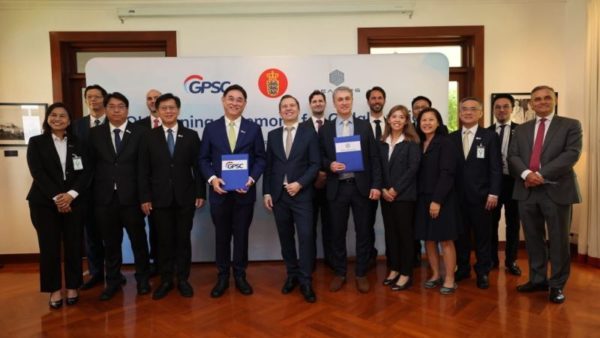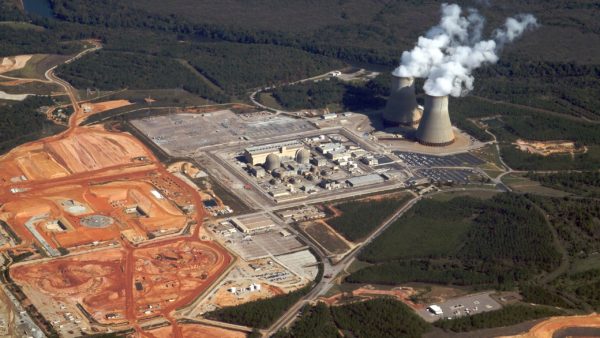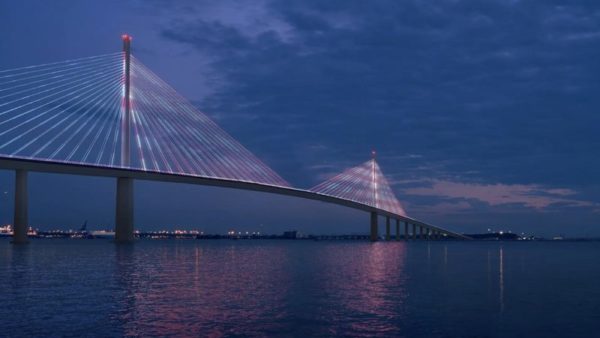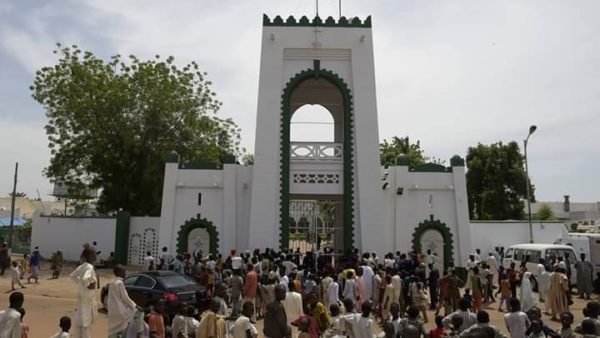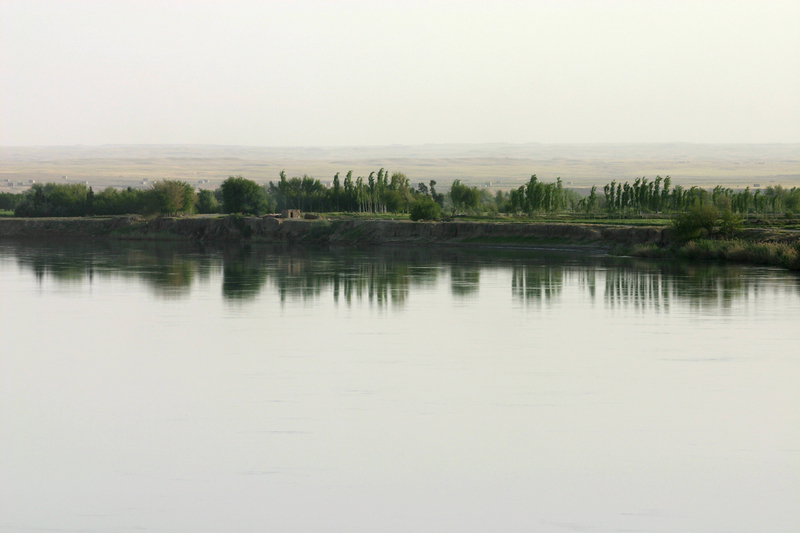
Transport ministers from Iraq, Turkey, UAE, and Qatar met on Monday to sign a memorandum of understanding on Iraq’s “Development Road”.
It’s envisaged as a 1,200km motorway, rail link and oil pipeline between Iraq’s Al-Faw Grand Port in the Persian Gulf and Turkey, a scheme that has been roughly costed at $17bn.
The link between the Gulf and Turkey’s Mediterranean coast could be an alternative shipment route to the Suez canal, and bring Iraqi oil to Turkey and Europe.
The agreement was signed by the four ministers in Baghdad, and was witnessed by Mohammed Shia Al-Sudani, the prime minister of Iraq, and President Erdogan of Turkey, said the Media Office of the Iraqi Prime Minister.
Al-Sudani said the rail element would have an initial capacity of 3.5 million tonnes a year, rising to 7.5 million after the completion of subsequent phases.
In a separate development, Iraq and Turkey signed a “strategic framework agreement for joint cooperation” as well as 24 memorandums of understanding covering issues such as energy, trade and how the water from the Tigris and the Euphrates should be shared – a longstanding area of disagreement.
The two leaders held a press conference, during which Erdogan described the deal as a turning point in relations between the two countries.
Sajad Jiyad, a political analyst based in Baghdad, told the Al-Monitor website that the agreement showed that all four countries were “very keen on getting the project up and running as soon as possible”.
The Iraqi News site notes that companies and other countries in the region and in Europe have signalled interest in the Development Road, either by investing or taking part in the construction works.
The $2.6bn Al-Faw Grand Port is being built by South Korea’s Daewoo Engineering. When its first phase is complete it will have a capacity of 3 million containers a year.
- Subscribe here to get stories about construction around the world in your inbox three times a week.
Further reading:






